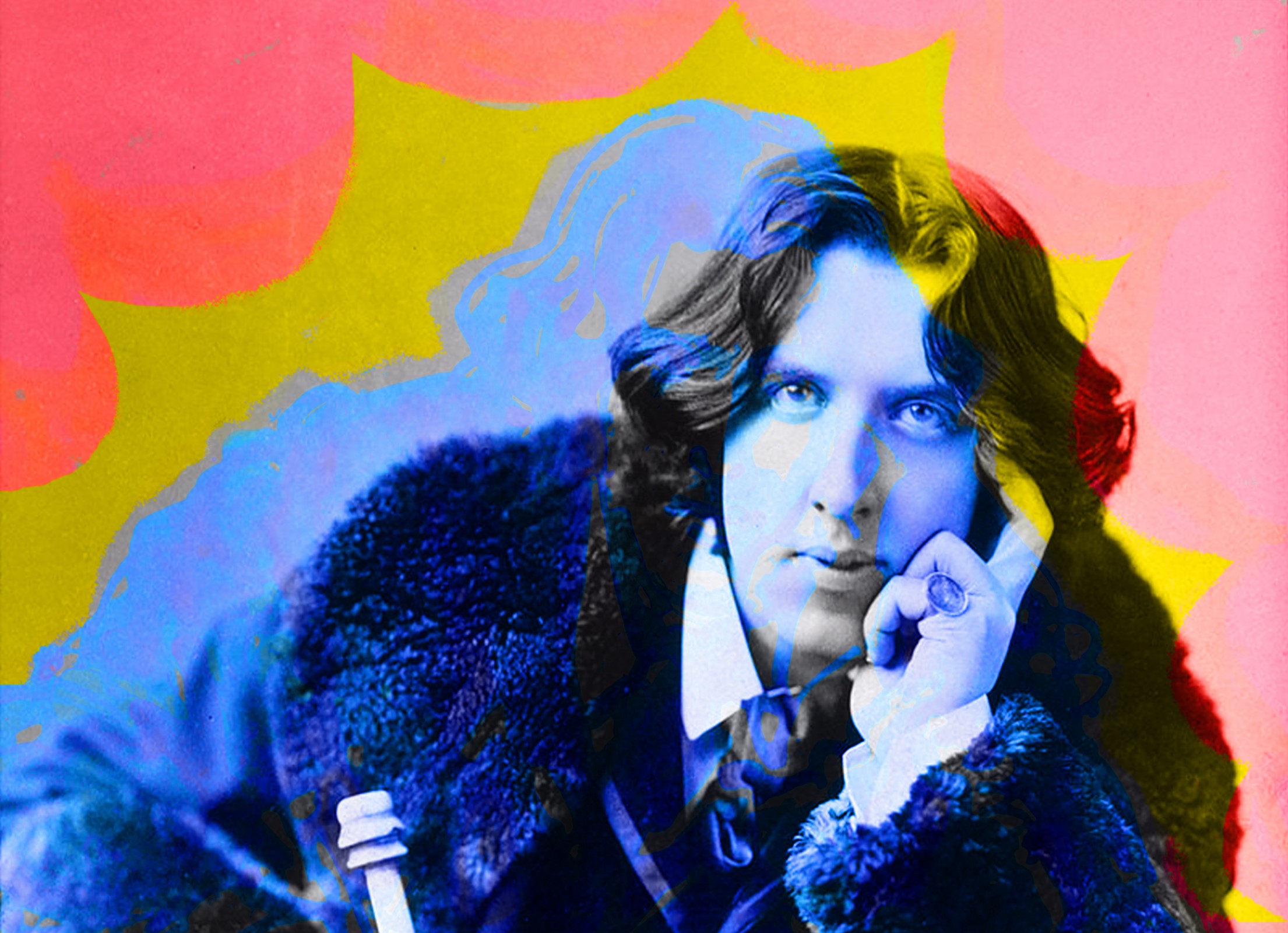In a world obsessed with eternal youth and the pursuit of flawlessness, the wit and wisdom of Oscar Wilde offers a refreshing perspective. His exploration of youth, tragedy, and the liberating power of folly continues to captivate audiences across generations. Delving into Wilde’s enduring appeal unveils a treasure trove of insights that resonate deeply with the complexities of modern life.
Youth as a Boundless Promise
In today’s world, the romanticisation of youth continues to hold a powerful sway, and it is precisely this enduring fascination that draws many to the works of Oscar Wilde. Wilde astutely crafts an enchanting narrative around the idea of youth, portraying it as a period of unmatched allure and boundless promise. Within the pages of The Picture of Dorian Gray, we encounter Dorian, a character whose profound apprehension about ageing and the potential loss of his youthful charm strikes a chord with modern readers. This fear, though intense, taps into a universally shared aspiration to preserve the vitality and exuberance associated with youth. Dorian’s aversion to the passage of time resonates deeply in a society that often places a high premium on youthful appearances.
In Oscar Wilde’s own words, we find a compelling testament to his romanticised view of youth and the value he placed on embracing one’s mistakes. In The Picture of Dorian Gray, Lord Henry urges the Duchess to make the mistakes inherent to being young. This instance serves as a poignant reminder that for Wilde, youth was not only about physical beauty but also about the vitality of living, learning, and, yes, even making mistakes. It underscores his belief that the path to reclaiming one’s youth lies in the willingness to revisit and even relish the errors of one’s earlier days. This perspective challenges conventional notions and encourages a more nuanced understanding of the profound impact that youthful indiscretions can have on personal growth and transformation. Wilde imparts a timeless wisdom through Lord Henry’s words that resonates with readers across generations.
In an era defined by the paradox of technological advancement and persistent societal disparities, Wilde’s words hold a mirror to the human experience. They encourage us to recognise that the most profound forms of beauty often emerge from the crucible of adversity. Whether it be personal struggles, societal injustices, or global challenges, the capacity for resilience and renewal remains an indomitable force. Wilde’s eloquent articulation of this truth fosters a sense of solidarity among modern readers, inviting them to find strength in their own journeys.
The Coexistence of Beauty and Tragedy
Oscar Wilde’s life story is etched with the poignant strains of tragedy, a narrative that resonates deeply with contemporary audiences. His trials and tribulations, from the public scandal surrounding his homosexuality to the heart-wrenching separation from his beloved Lord Alfred Douglas, paint a portrait of a man confined by societal constraints.
Wilde’s poignant self-reflections, such as his statement: “My existence is a scandal,” bear witness to the weight he carried. These words encapsulate the internal turmoil of a man who grappled with societal norms that sought to suppress his true self.
Furthermore, it is notable that Wilde’s quotes, such as: “behind every exquisite thing that existed, there was something tragic,” have found a prominent place in contemporary culture, particularly on platforms like Pinterest. Its ubiquity underscores its universal resonance, as individuals from all walks of life are drawn to its message of embracing the inherent complexities of existence. The quote’s popularity reflects a collective yearning for meaning and purpose within the intricate interplay of light and shadow that defines our lives. In this way, Wilde’s words continue to serve as a guiding light for those navigating the intricacies of the modern world, offering a reminder that within every tragedy lies the potential for something truly exquisite to emerge.
“Wilde’s legacy serves as a beacon of courage and resilience, reminding us that there is profound beauty in the authenticity of one’s existence.”
The enduring appeal of Wilde’s tragic narrative lies in its ability to humanise an iconic figure, revealing the vulnerability that underlies even the most celebrated lives. In a culture that worships success, Wilde’s story reminds us that behind every triumph lies a tapestry of struggles and heartaches. It encourages empathy, fostering a deeper connection between readers and the complexities of his experiences. Moreover, Wilde’s unwavering commitment to living authentically, despite the societal cost, inspires those who grapple with their own battles for acceptance and self-expression. His legacy serves as a beacon of courage and resilience, reminding us all that even in the face of tragedy, there can be a profound beauty in the authenticity of one’s existence.






